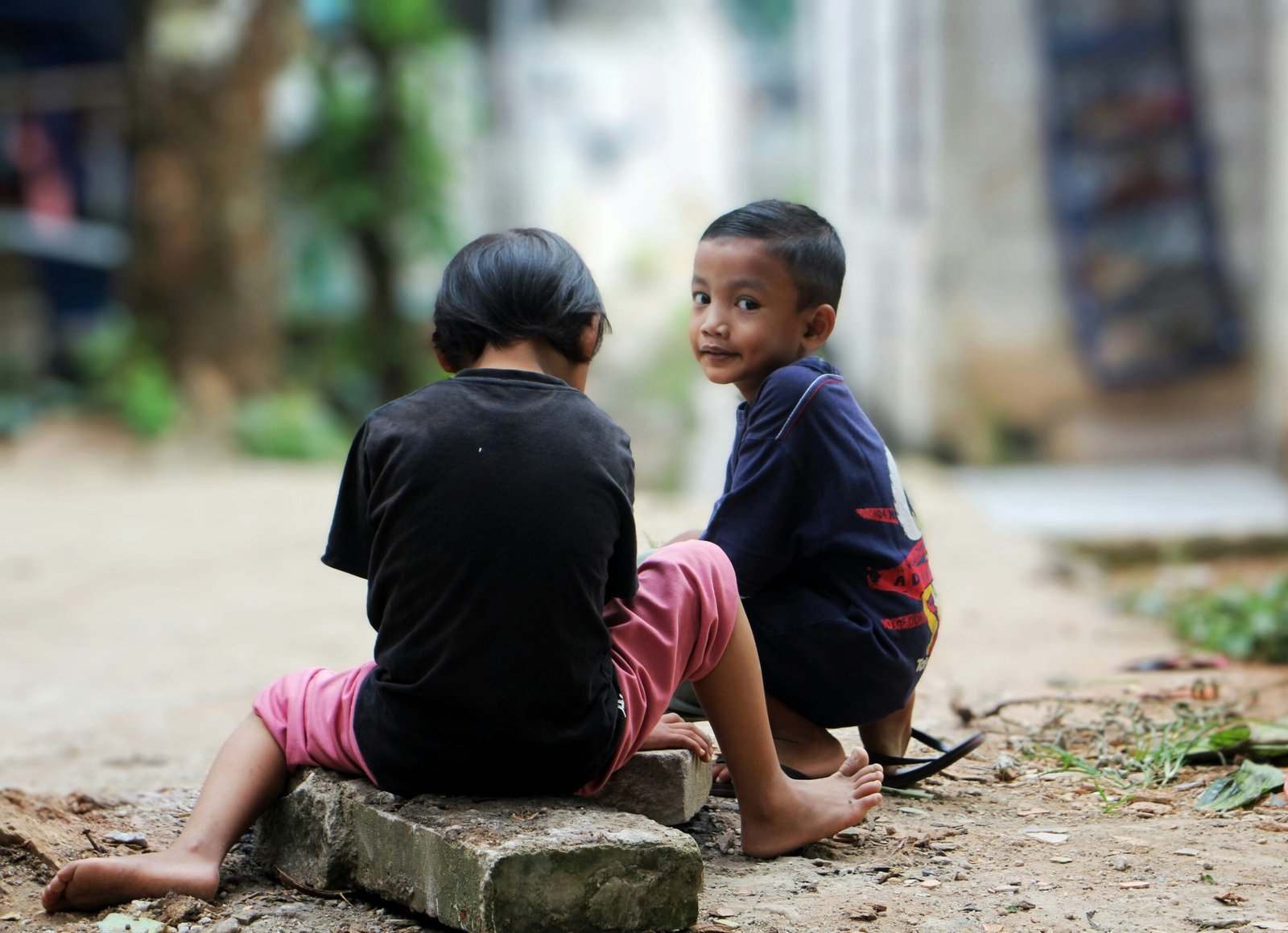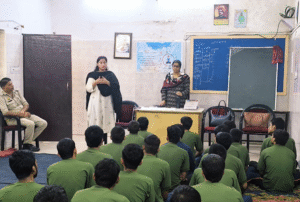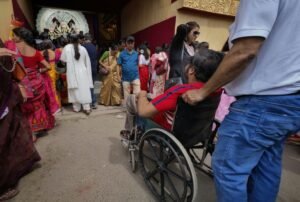
The walk from the JJB-III (Juvenile Justice Board) office, located in North Delhi, to the nearest metro station is a long one. How long, you ask? Long enough to have a conversation with yourself about a small win, tempered by a heavy dose of systematic indifference.
The win I was thinking about was Rishabh’s* case. Barely in his teens, he has already been labelled a “repeat offender”. JJBs are typically wary of granting bail to children with past involvement, though according to the law it should not make a difference. Rishabh was already being represented by iProbono India in another case, for which we had secured him bail. Then, he had been picked up in a routine drive by the police, and booked under the Arms Act thus becoming a “repeat offender”.
I got to know Rishabh when I began working on his case as a Justice Leila Seth Fellow.
A few things about his case stood out for me from the beginning. The inconsistencies in the police version raised serious concerns. Could the weapon have been planted? We believed so, and eventually managed to make our case convincingly enough for the Board to grant him bail once again. But it came with conditions. His mother had to file an affidavit declaring he would relocate to Ludhiana, live with his uncle, and learn hairstyling.
Freedom is a win. Even freedom with conditions is a win, just one that stings a little. That day, after meeting with Rishabh, I turned towards the metro. After his harrowing experience with the police, he was relieved to be out. But despite sharing his relief, I couldn’t shake the feeling of unease that dogged my steps as I walked to the metro station. I kept thinking about how our justice system extends its apathy to children.
I felt that all children are made from the same clay; it’s only their shaping by the hands of society that determines the outcome they face. Shouldn’t our systems be designed to support them, rather than harden them in patterns of anti-social behaviour? Shouldn’t every pot get a fair chance to be shaped well, before being cast into the kiln? And if we, as a society, still feel embarrassed about extending support to Children in Conflict with the Law (CCL’s), how will we ever build systems that actually help them? These questions stayed with me all the way home.
So I started looking into rehabilitation programmes for children across India. My findings were sobering. A few state-led initiatives exist, but only a handful stand out. There’s PARAVAI (Personal Attitude Reformation Assistance Venture Affirming Identity), based in Chennai. There is also the Family Support and Well-being Programme (FSWP), run by National Institute of Mental Health and Neurosciences (NIMHANS) in Bangalore’s observation homes.
But what really stood out was Kaval, a government-supported initiative in Kerala, the only one of its kind operating across an entire state. Run by the Department of Women and Child Development, with technical support from NIMHANS, Kaval takes a psychosocial approach to rehabilitation. It builds on one-on-one interventions with children, families and communities to make reintegration truly holistic. The programme actively involves NGO and social support systems in its framework.
In my attempt to better understand the programme, I spoke to multiple stakeholders – counsellors, social workers, programme heads, and government officials. Through all my conversations, what remained consistent was the enthusiasm of each stakeholder. Kaval has reduced Kerala’s recidivism rate from 25% to just 3.8%. With structured training from NIMHANS and a strong background in social work, Kaval’s social workers embody empathy and inclusion. The program is now embedded in social work curriculums across Kerala.
Social workers are the first point of contact, easing children into the rehabilitation process and offering legal, emotional, educational, and vocational support. Many of these social workers go beyond their call of duty, arranging third-party support when state resources fall short. There are joint efforts too, including programmes for sensitisation of police officers, substance abuse awareness workshops in schools, and coordination among stakeholders.
It’s not perfect. Social workers sometimes face resistance from the very children they are trying to help. In some troubling cases, JJBs have even cancelled bail if a child does not comply with the requirements of the programme. Still, Kaval shows what’s possible when a state chooses to care.
Delhi, where I work, in contrast is among the highest in juvenile crimes according to the 2023 NCRB report. The contexts are world apart, of course. In Kerala, many of these cases involve drug-related offences. But in Delhi, gang-related crimes are a pressing concern. Kerala has greater cultural homogeneity than Delhi. The fulcrum of Delhi’s identity involves its cosmopolitan culture, migration and fast-paced urban ethos. So no, Delhi can’t copy-paste Kerala’s model. But what it can do is take the first step: commission a state-led study to understand the lives of children in conflict with law. Until we name the problem with sincerity, real solutions will remain distant.
But one thing remains clear. Kerala has shown the will. That means the possibility of finding support for young people like Rishabh exists. And sometimes, that alone is enough to begin.












